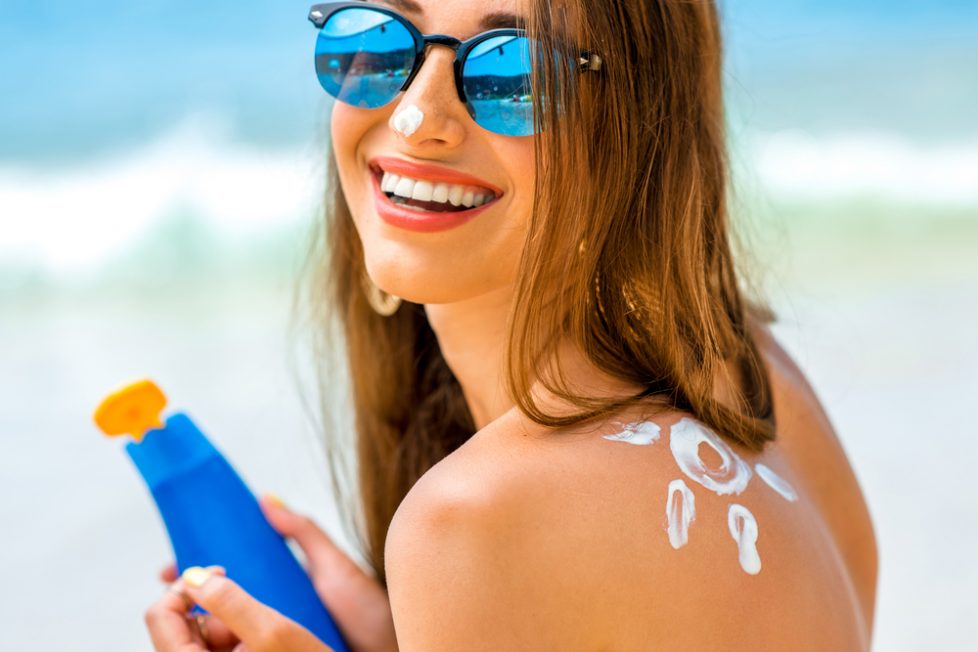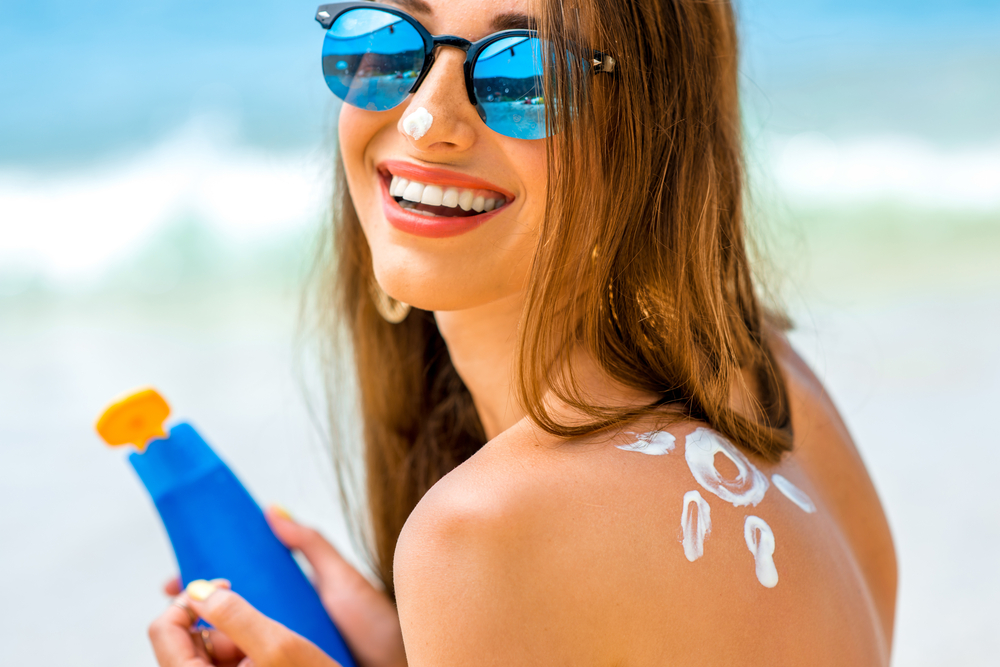8 Facts About Sunscreen You Should Know

Nobody wants to stay indoors all summer or put cream that they do not understand on their skin. Applying sunscreen on your skin is a great way to protect your skin and avoid the various dangers that one is exposed to such as skin cancer. Regular use of sunscreen reduces the risk of getting skin cancer by fifty percent. Below are the facts that you should know about sunscreens:

Doctors recommend that you use sunscreen creams with SPF 30 or SPF 15 and reapplying the cream after very two hours. Many think that the higher the SPF the more your skin will get protection. An SPF 50 protects you around 98% while an SPF 30 gives 97% protection. The difference between SPF 30 AND SPF 50 is negligible. That’s what you are advised to opt for SPF 30 and apply it after every two hours. If you are sweating or swimming, it is recommended that you apply the sunscreen after every 40 minutes.
For maximum protection against the rays, apply the sunscreen thirty minutes before you go in the sun. Applying the sunscreen before you go in the sun ensures that the cream has time to be absorbed into the skin. The summer sunscreen mistake that most people make is applying the sunscreen once they are already in the sun. This means that you expose your skin to the UVB and UVA rays and a certain amount of it will be absorbed by the skin.
It’s not just about applying sunscreen but applying the right quantities. It is advised that you apply about one ounce of the sunscreen. Always ensure that you concentrate more on the body parts that are more targeted by the UV rays such as the face. Make sure that you apply about a teaspoon of the sunscreen on the neck area and face only. If you do not apply enough, you leave yourself prone to skin damages and burning. Protect your skin by applying the sunscreen generously.
Some people think that water-resistant sunscreen is good enough to take you all day without applying the sunscreen again. That is not the case and sunscreen should be reapplied after every two hours and after every forty minutes while you are in the water. If your sunscreen is water resistant, you should apply it after 80 minutes while you are in the water.
It is proven that those who apply sunscreen on daily basis show less skin aging signs than those who do not apply. Most of the visible changes on the skin that are attributed to skin aging are caused by the sun. Use the cream on every day.
Foods such as guava, watermelon, tomatoes and grape fruits that are high in lycopene are said to help in reducing the damaging effect of UV rays on our skin. Carrots and sweet potatoes contain beta-carotene that aids protecting the skin as well. Dark chocolate has also shown to have positive effects on your skin. But this does not mean that you can skip the sunscreen as these foods are only boosters.
Treat your sunscreen like you do with medication and leave it in a cool place or under room temperatures. Exposing your sunscreen in the sun reduces the strength of sunscreen active ingredients. Sunscreen is supposed to retain its original strength for up to a span of about three years. Pay attention to the expiry date as well. To know if your sunscreen is still good, look for sign such as change in color or consistency. If your sunscreen smells, feels or looks funky, then it is time to buy a fresh bottle.
For the best protection select a broad-spectrum sunscreen that is enriched with antioxidants. Broad spectrum means that the sunscreen will protect you from the two types of UV rays; the UVA (Longer wavelengths) and UVB (Shorter wavelength). UVB rays causes sunburns and UVA rays causes brown spots and wrinkles because they penetrate deeper than UVA rays. Sunscreens that contain vitamin E are rich in antioxidants that prevent premature aging and combats free radioactivity.
Skin cancer is real and it can affect anyone. It can be caused by the dangerous UV rays. Wearing of sunscreen is the solution to preventing our skin from being damaged by these rays. Protecting your skin starts with you and all you need is to apply a generous amount of sunscreen before you go out in the sun. Apply the sunscreen on your skin for protection.
